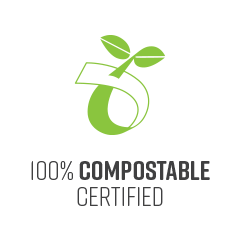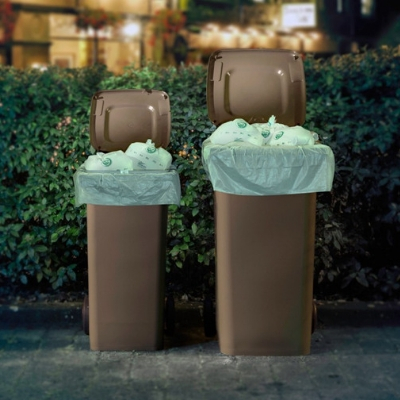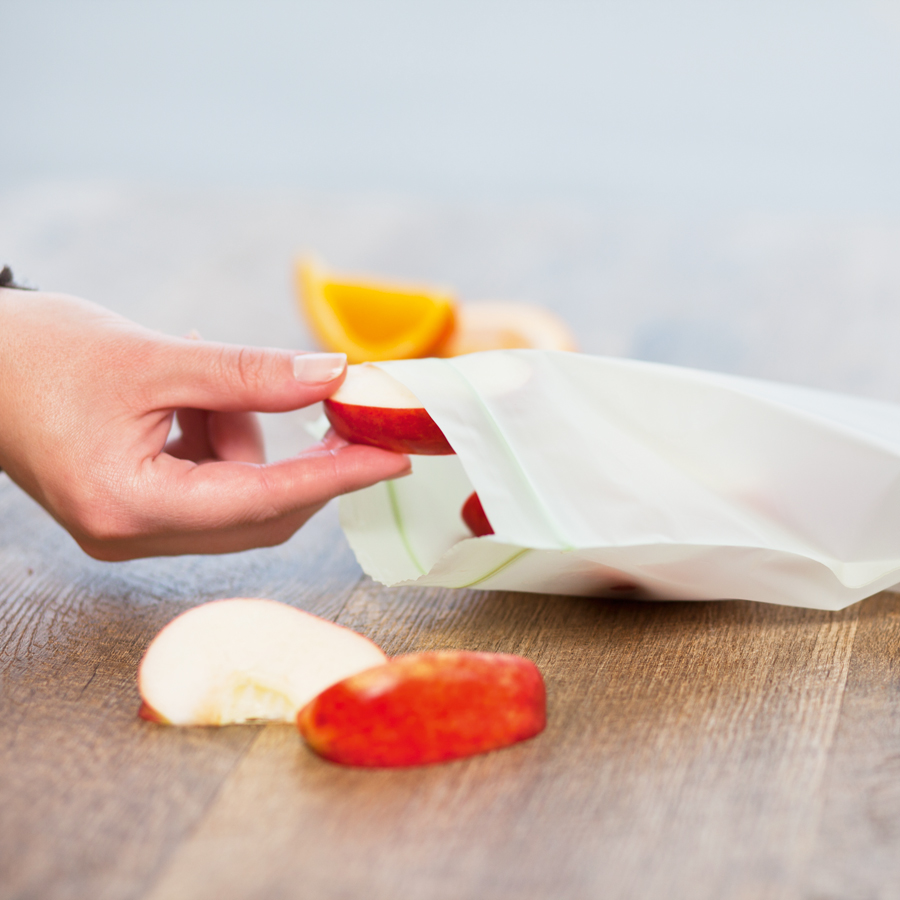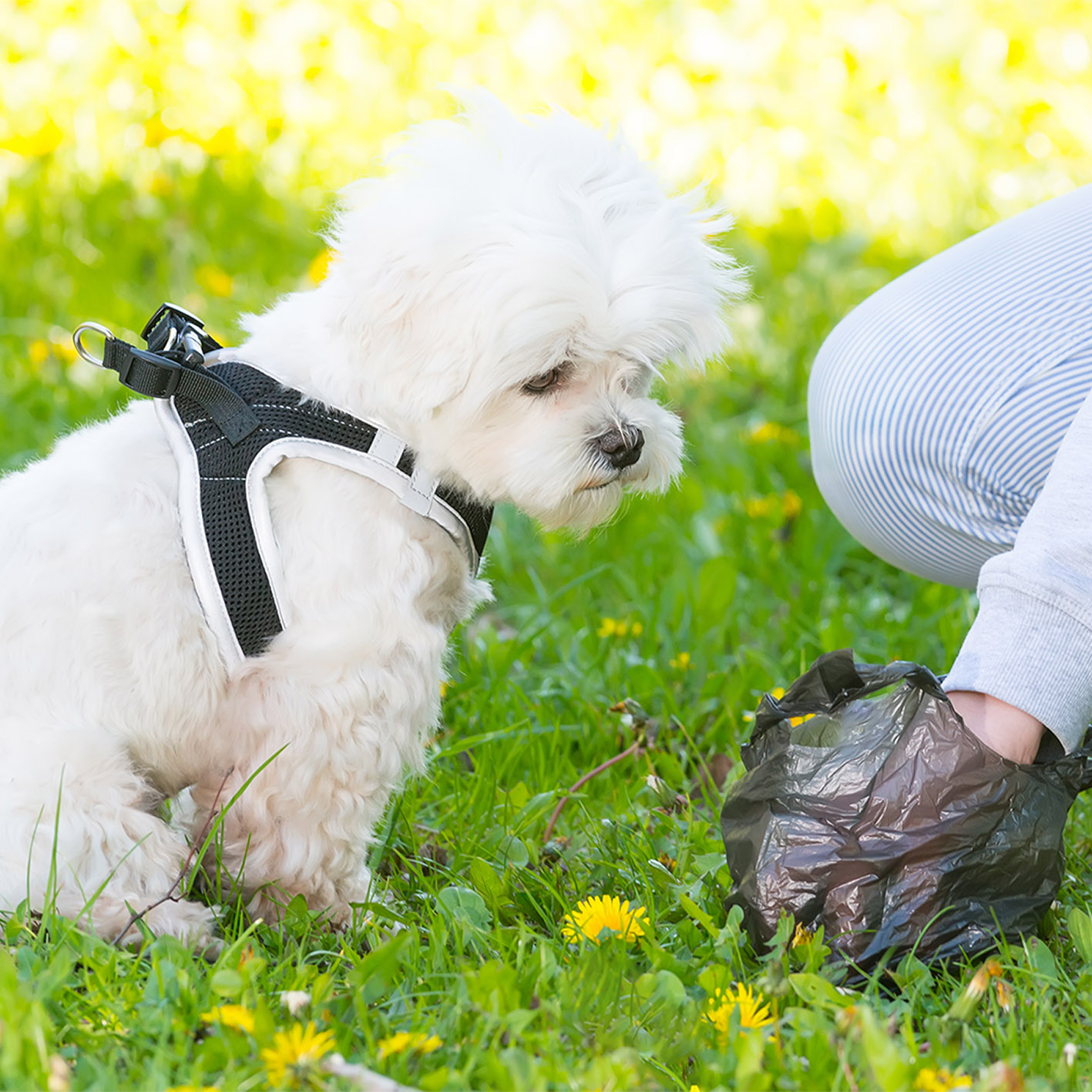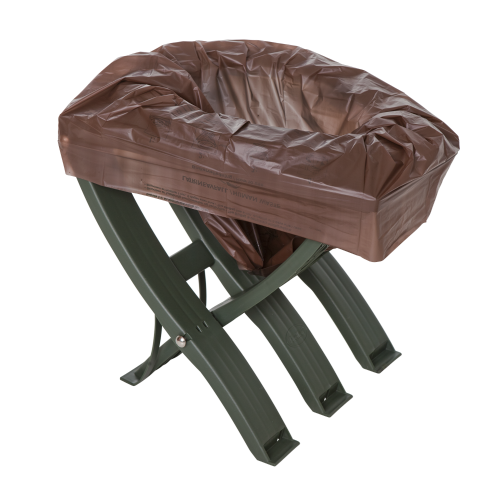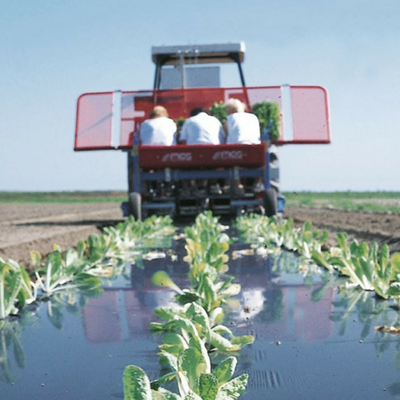
Degradable, Biodegradable, Compostable
Some plastic bags labelled ‘Green and Degradable’ or ‘Naturally Degradable’ contain an additive which makes them break down faster into smaller fragments. But these bags are made from normal plastic (polyethylene), so they are not in fact ‘green’ at all. The correct term for these ‘degradable’ bags is ‘oxo-degradable’.
It’s easy to label something ‘Degradable’ or ‘Biodegradable’ but these terms don’t mean anything unless proven by a performance standard like Australian Standard AS4736.
Only with this certification can the consumer can be sure the product will biodegrade in an environment in which microorganisms are active, including the soil and the sea.
No oxo-degradable or other fragmentable plastics which incorporate additives into standard plastics have met the requirements of Australian standards or similar global standards.
‘Degradable’
Oxo-degradable plastic is made from fossil fuel derived polymers such as PE (polyethylene), PP (polypropylene), and PS (polystyrene) with ingredients added to degrade and biodegrade in the open environment. These ingredients (salts) catalyse the degradation process to speed it up so oxo-plastic will degrade at the end of its useful life in the presence of oxygen much faster than ordinary plastic.
A global initiative by the Ellen MacArthur Foundation’s New Plastics Economy has called for banning of oxo-degradable plastic packaging from the market, stating:
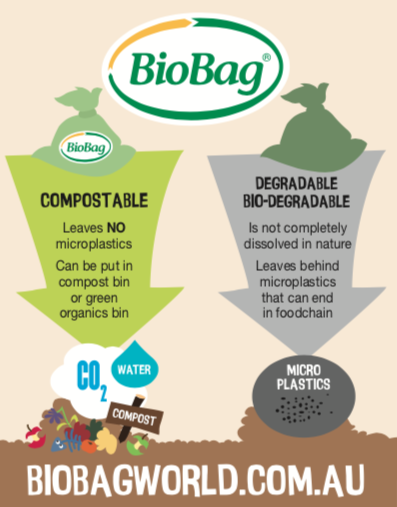 “Oxo-degradable plastic packaging, including carrier bags, is often marketed as a solution to plastic pollution, with claims that such plastics degrade into harmless residues within a
“Oxo-degradable plastic packaging, including carrier bags, is often marketed as a solution to plastic pollution, with claims that such plastics degrade into harmless residues within a
period ranging from a few months to several years.
“However… significant evidence indicates that oxo-degradable plastics do not degrade into harmless residues, but instead fragment into tiny pieces of plastic and contribute to microplastic pollution, posing a risk to the ocean and other ecosystems, potentially for decades to come.”
‘Biodegradable’
The term biodegradable doesn’t mean anything because everything is biodegradable eventually. Legislation in the USA forbids the term ‘biodegradable’ to appear on any product unless that product is shown to break down into elements in nature within 5 years. The problem is, in Australia regular plastic bags are being labelled ‘Biodegradable’. This misleads consumers to think these bags are made from plant matter and will return to nature which isn’t always the case. Our BioBag head office is in Europe and the USA where ‘Bio’ can only be used when it does actually break down with micro-organisms. In Australia we allow companies to use the term ‘Bio’ without proof.
‘Compostable’
Compostable bags do not leave microplastics or toxic residues behind.
BioBag products are made from a compostable resin named Mater-Bi produced by Novamont, an Italian research company dedicated to environmental alternatives to polyethylene-based plastics. Mater-Bi is an innovative family of bioplastics that uses substances obtained from plants, such as but not limited to, non-genetically modified corn starch, and biodegradable/compostable polymers.
BioBags break down just like plants in a composting environment. When plant matter composts it can be returned to the ground to grow more plants – the best end of life option for a carry bag, produce bag, dog waste bag, mailing satchel, compost caddy liner or bin liner.
If they do enter the open environment, a BioBag will break down on land or in water in the presence of oxygen and microorganisms in a relatively short time frame.
Compost is used as a soil improver and can in part also replace mineral fertilisers. Putting organic food scraps into a compost bin or green organic waste bin significantly reduces the need for plastic bin liners. Compostable bin liners can be used to collect food scraps and returned to the soil as organic matter, helping to improve soil quality.
Here’s a summary of the differences between normal plastic, degradable and compostable:



